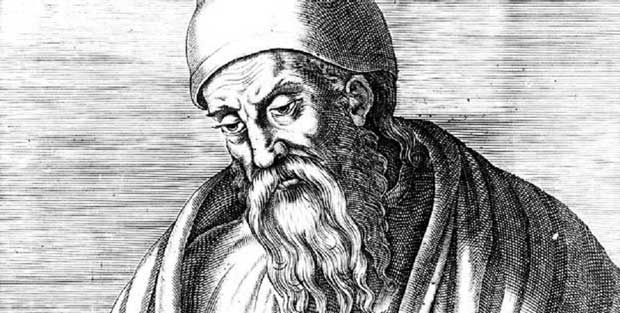History of Math
Introduction
Mathematics has been a part of human history for thousands of years. From counting on fingers to complex equations, math has evolved alongside civilizations.
Early Beginnings
The earliest form of math can be traced back to ancient civilizations like the Babylonians and Egyptians. They developed basic systems for counting and measuring.

Ancient Greece
Greek mathematicians like Pythagoras, Euclid, and Archimedes made significant contributions. Their work laid the foundations for geometry, algebra, and number theory.

Middle Ages
During the Middle Ages, Islamic scholars preserved and expanded upon Greek and Indian mathematics. Algebra was further developed during this time.
The Renaissance and Beyond
In the Renaissance, European scholars like Descartes and Newton advanced math by integrating it with scientific discoveries, leading to the creation of calculus.

Modern Mathematics
Today, mathematics is used in all aspects of life, from technology to science. Modern areas of study include calculus, statistics, and mathematical modeling.

Conclusion
Math continues to grow and evolve, shaping our understanding of the world and improving our daily lives.